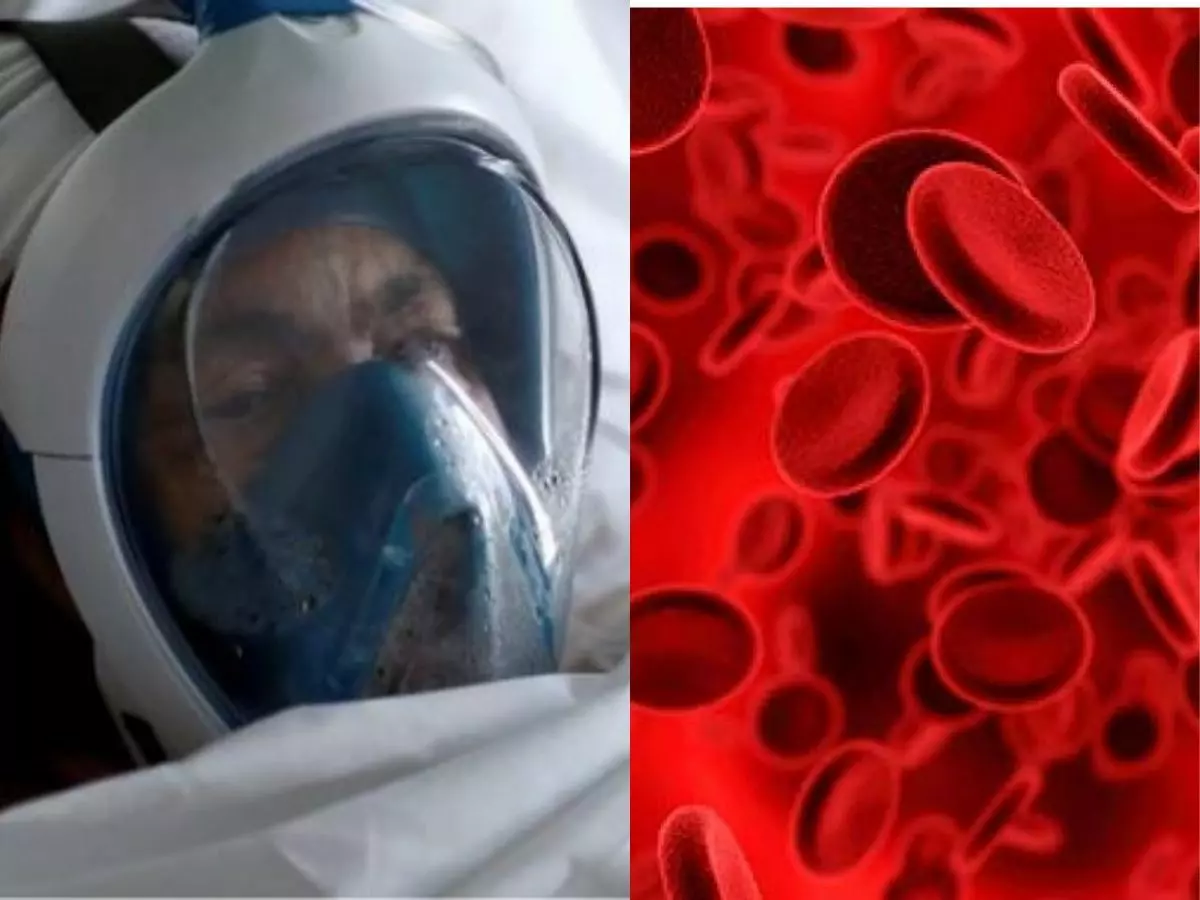Blood Thinning Drugs Are Saving Lives Of Critical COVID-19 Patients, Study Reveals
The research revealed that patients with severe cases of COVID-19 who were put on anticoagulants were half as likely to die than those who weren¡¯t given the drug.

COVID-19 is taking a tighter grasp on our world with every passing day and the number of cases just keep on rising. Doctors have been looking for treatments that could help the patients cure faster.
 Reuters
Reuters
We still don¡¯t have a silver bullet to cure the novel coronavirus, so doctors are trying different combos that are working on slowing and eventually killing COVID-19.
And now, researchers have discovered that anticoagulants or ¡®blood thinners¡¯ that prevent the blood from clotting are helpful in helping patients with COVID-19 survive.
The research (published in Journal of Americal College of Cardiology) was led by Valentin Fuster which revealed that patients with severe cases of COVID-19 who were put on anticoagulants were half as likely to die than those who weren¡¯t given the drug.
Dr Fuster, who heads the Mount Sinai Cardiovascular Institute in the US said in a statement to Alravi, ¡°I¡¯ve never seen anything like what this virus does.¡±
The research reveals that people suffering from severe-cases of COVID face problems with excess clotting. This results in myocardial infarctions, pulmonary embolisms as well as strokes. Looking at such cases Dr Fuster, head at the Mount Sinai Cardiovascular Institute, thought anticoagulants could improve their condition.
He felt that drugs like remdesivir are surely helpful against COVID-19, but they weren¡¯t enough to treat severe cases of infection what mainly was the cause of death of so many patients.
 Reuters
Reuters
In order to test the efficacy of anticoagulants, doctors at Mt Sinai Hospital analysed data from 2,773 COVID-19 patients until April 11. At this time they hadn¡¯t started administering anticoagulants to all cases of the disease. This way they compared the progress between patients on anticoagulants and patients who weren¡¯t on it.
The results were shocking, where they revealed patients who were on ventilators by didn¡¯t receive any coagulants had a mortality rate of 63 percent. On the other hand, people who did receive the drug, the mortality fell to 29 percent -- less than half. The number was similar, regardless of the method of administering the anticoagulant (whether through injection or pill).
Even among the deceased, patients who were put on anticoagulants, they managed to survive for 21 days with the treatment, as opposed to just 9 days without the treatment.
 Reuters
Reuters
Since this study is a retrospective which is based on patients who received the drugs based on situations they were in, the results don¡¯t clearly demonstrate that the treatment resulted in the reduction in mortality.
To get a better understanding of the drug¡¯s capabilities, Mt Sinai team is conducting another retrospective study including 5000 patients treated in the past four weeks to validate the collected data.
It also plans to start two clinical trials in the coming weeks to determine the best anticoagulant and dosage for patients. They¡¯re also conducting a study to show if anticoagulants could be helpful for COVID-19 patients who aren¡¯t hospitalised.
